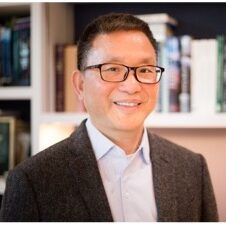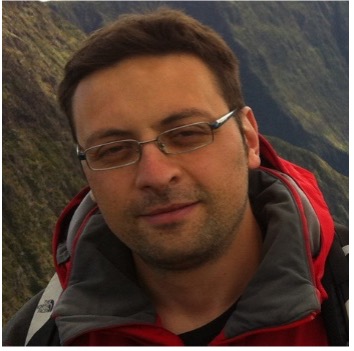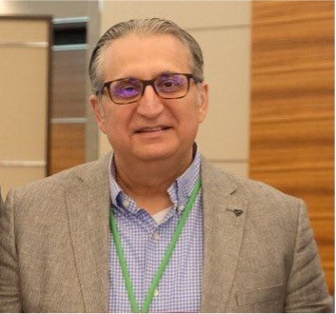Subtotal 0,00 €
Check the content of the courses and let us know if you are interested in taking part by completing the submission form.

Geochemical modeling is a powerful tool, which has wide applications such as geothermal energy, CO2 storage in saline aquifers and basalts, and groundwater contamination and remediation. Recently, new databases, code enhancements, and utilities associated with computer programs have expanded the applicable ranges of these modeling tools. This short course will introduce these new tools and use examples to demonstrate these expanded geochemical modeling capabilities with examples. Special attention will be devoted to the use of first principles-constrained thermodynamic datasets for geochemical modelling and their application to phase equilibrium calculations up to very high pressure and temperature conditions. Practicals and hands-on tutorial on Gibbs free energy minimization method by in-house computer codes will be also provided during the short course.



Positioned at the vanguard of environmental science, this course centers on contemporary developments in groundwater quality assessment. It aims to explore contaminants' origins and behavior within subsurface geochemical environments. Ecological isotopes, particularly CSIA, represent cutting-edge methodologies in contaminant studies. The curriculum encompasses foundational theory, supplemented by various field case studies. Topics encompass the utilization of environmental isotopes such as 13C, 2H, 18O, 87Sr/86Sr, 37Cl, 81Br, and 3H to delineate contaminant origins and attenuation mechanisms within aquifers. Discussion extends to groundwater pollution from diverse sources, including LNAPLs, DNAPLs, and urban activities. Additionally, the course surveys recent advancements in 13C-CSIA, 37Cl-CSIA, 81Br-CSIA, and 2H-CSIA, elucidating their potential applications in contaminated site characterization. Furthermore, the course addresses the role of groundwater as a renewable energy source, particularly in hydroelectricity and geothermal energy production. Topics include source tracing and residence time determination, which are crucial for evaluating resource sustainability. While short-lived nuclides like 3H and 14C are well-suited for assessing young groundwater ages, geological fluids pertinent to geothermal energy often surpass the applicability of these methods, necessitating the utilization of alternative isotopic systems such as noble gases, actinides, or radiogenic isotopes. The course integrates theoretical discourse with global case studies to illustrate how these isotopes can refine understanding regarding the sources and ages of fluids implicated in energy resource utilization.



“Publish or perish” can be a terrifying taunt for early career scientists across all disciplines, especially for those with English as a second or third language. Although timely and high-impact publications are a requirement for climbing the academic ladder, most researchers rarely have the time or opportunity to improve their science writing skills for publishing in English. In fact, a large number of manuscripts may face immediate rejection—even prior to review—simply owing to poor English. Don’t let this happen to you! This half-day workshop will provide easy and logical tips to quickly improve your English scientific writing skills, tools to craft a powerful manuscript and reviewer response techniques, and a support framework to expand the limits of your comfort zone in scientific writing in English. We will use hands-on exercises to identify and remedy poor syntax, improve clarity with less words, and alleviate language barriers blocking your way to successful publication. Participants are invited to bring a manuscript or text they are working on, and will have the opportunity to schedule a one-on-one coaching session throughout the remainder of the IAGC-3 meeting. The workshop will be led by Dr. Esther Posner, an American academic editor with a PhD in experimental and theoretical geochemistry and recipient of the American Geophysical Union’s 2018 Mineral and Rock Physics Graduate Research Award. Dr. Posner is passionate about effective science communication and has edited over 1000 scientific manuscripts written by non-native English-speakers. In 2022, Dr. Posner joined Elements Magazine as Executive Editor, while continuing to support scientists communicate their research in the most clear, efficient, genuine, and powerful way possible. To register or learn more, contact editor@elementsmagazine.org.
